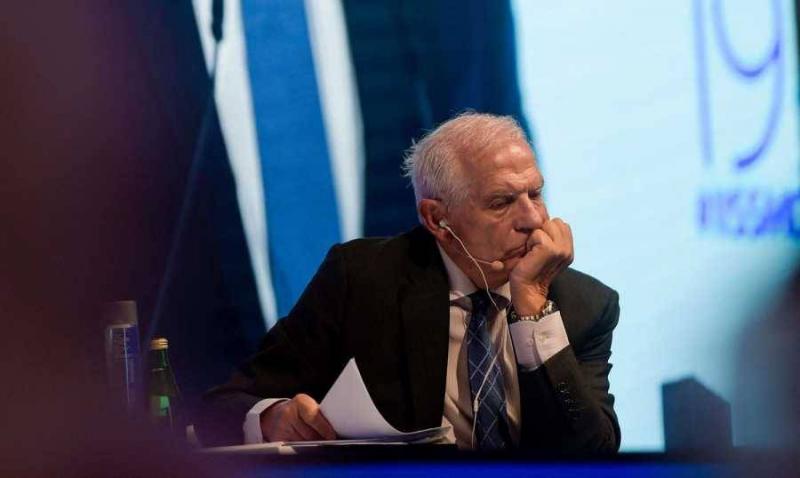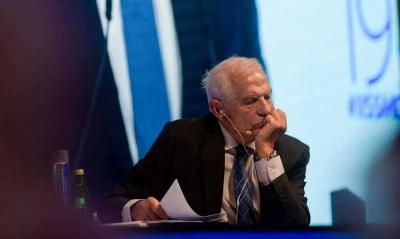The intensity of the military escalation on the southern border of Lebanon with Israel has taken on extremely pronounced implications, raising further internal and external concerns and fears of the outbreak of a large-scale war. Although the scope of the confrontations still remains under the voluntary restraint of both confronting parties, Israel and "Hezbollah," from reaching a critical stage where preventing a major explosion would be impossible. The gradual slip towards a steadily expanding front and thus confrontations was exemplified by three indicators that occurred yesterday, following the statement by the Secretary-General of "Hezbollah," Sayyed Hassan Nasrallah, in his speech last Friday that the assassination of Saleh Al-Arouri in the heart of the Dahiyeh would not go unanswered.
The first indicator was the heavy rocket fire carried out by "Hezbollah" towards an air monitoring base in northern Israel as an initial response to Al-Arouri's assassination. The second was a serious increase in Israeli airstrikes on advanced border areas and an incursion for the first time towards the Zahrani and Sidon regions. The third indicator was the inclusion of a notable meeting between EU foreign policy chief Josep Borrell and a high-ranking delegation from "Hezbollah," alongside his meetings with official officials, which calls for close attention regarding the development and intensification of Western mediations to prevent a wider deterioration on the Lebanese front. These indicators reflect at least negative developments that make it increasingly impossible to remain comfortably assured by any guarantees, analyses, or assessments that decisively rule out the outbreak of war, as the evolution and expansion of confrontations warn that any significant strike on either side of the confrontation could ignite the feared spark for war.




